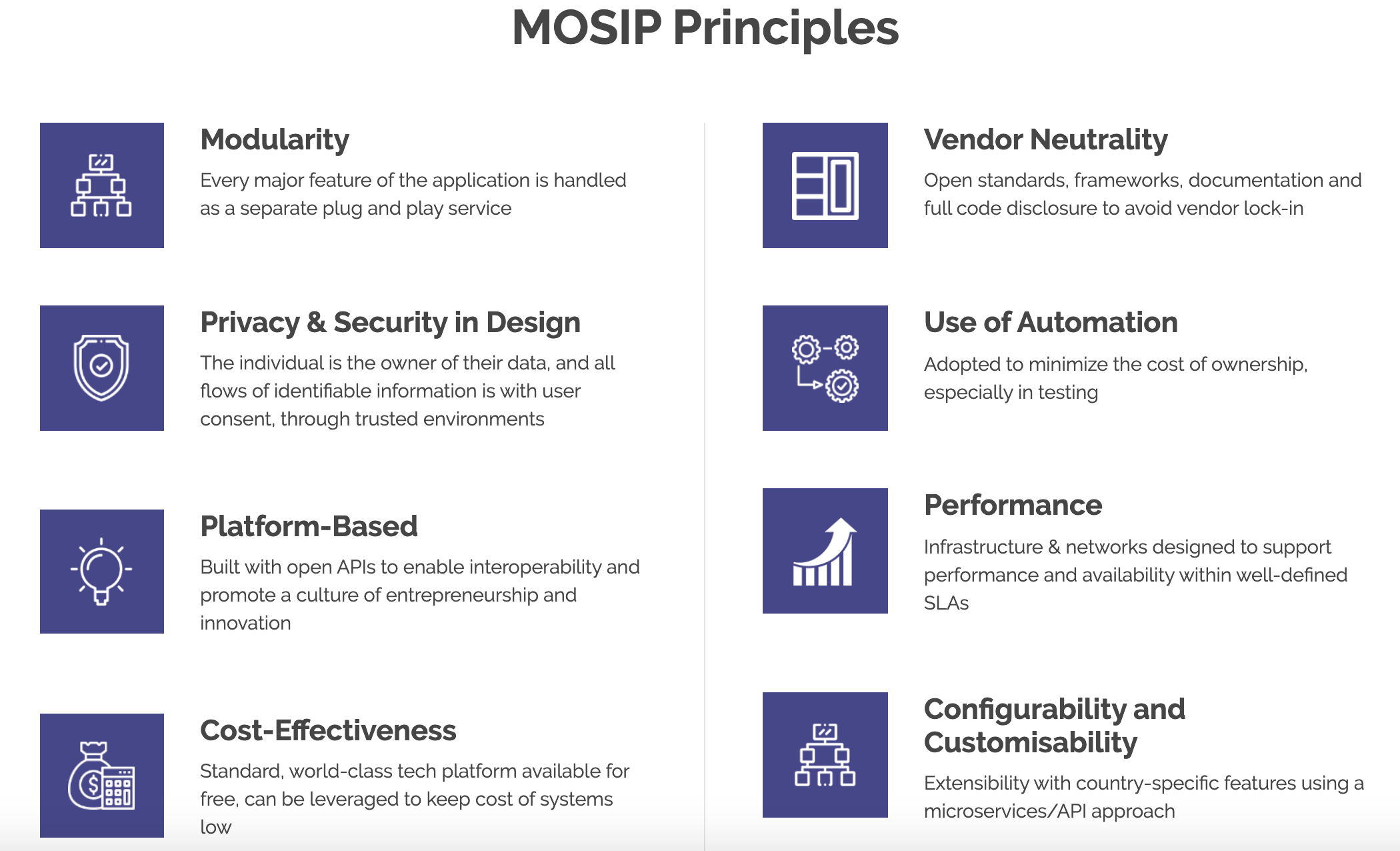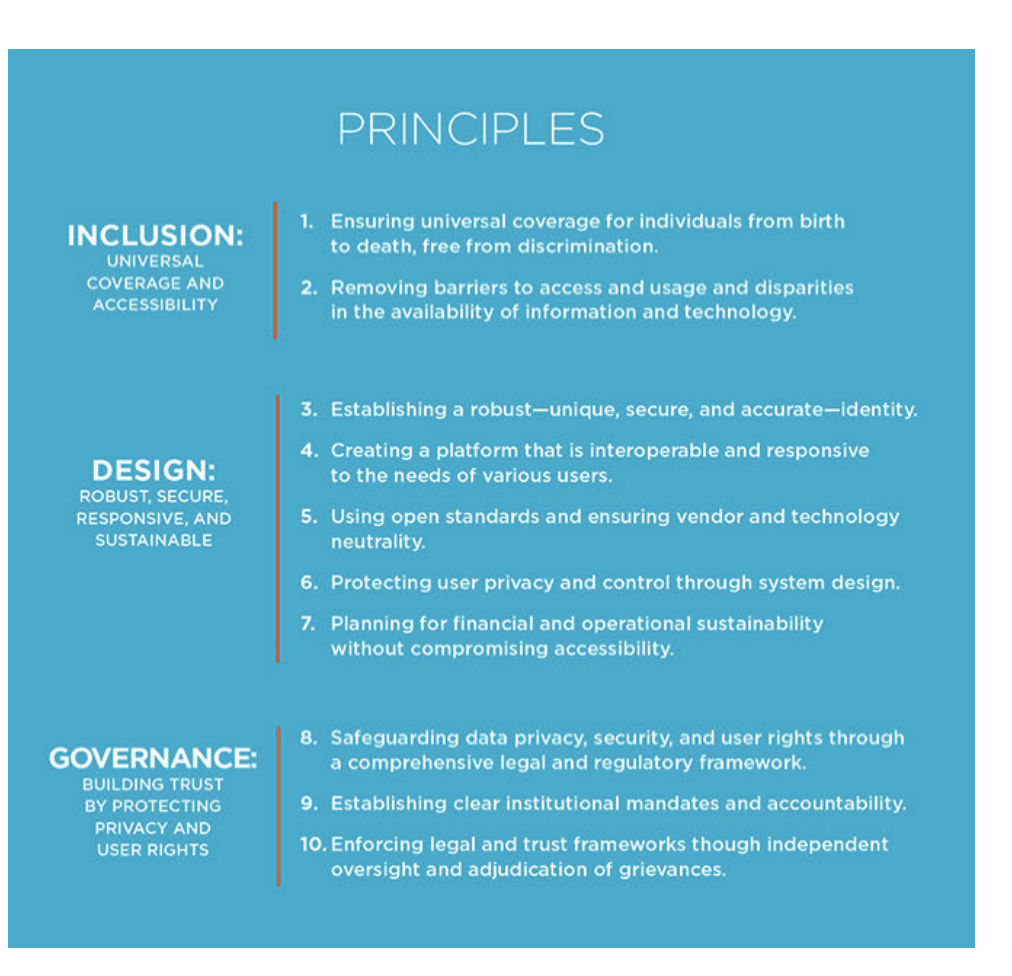Identity Review | Global Tech Think Tank
Keep up with the digital identity landscape.
More than one billion people globally have no proof of identity. According to the World Bank, 81% of those without identity verification documents live in Sub-Saharan Africa and South Asia. These individuals struggle to access financial services, receive government redistribution plans and even enter the workforce.
Digital identity systems allow countries to onboard their citizens onto one platform and provide universal access to identification, and can be particularly transformative in the developing world. Unlike in rich countries, where there is a proliferation of identification documents such as birth certificates, medical ID cards and driver’s licenses, poorer countries do not have the luxury of relying on existing identity systems, the Economist notes.
The identification challenges facing poorer countries are also becoming more acute during the COVID-19 pandemic. Citizens are working from home and not spending cash in person, while governments are rolling out new assistance plans. Without being able to appropriately identify citizens and distribute assistance, governments are missing huge chunks of their populations with their aid programs. Chris Yiu, Executive Director at the Tony Blair Institute for Global Change in the UK, told the Economist that “COVID has played a forcing function” in “encouraging countries to adopt digital identity systems,” and the prospective failure of government assistance without these systems is a primary driver of this phenomenon.
The Modular Open Source Identity Platform (MOSIP), a new open-source digital identity platform being developed by the International Institute of Information Technology Bangalore, is playing a large role in the digital transformation of developing countries’ ID systems. MOSIP is essentially a modular Aadhaar, India’s digital identity system and the world’s most comprehensive, that enables countries with low IT capacity to quickly roll out specialized digital identity solutions to their citizens. MOSIP currently has $16 million funding from prominent backers like the Bill and Melinda Gates Foundation, Tata Trusts, Omidyar Network and Norad, Norway’s development cooperation arm.
The concept behind MOSIP is simple. MOSIP’s open source platform aims to enable other countries that struggle with ID issues to share in the success of Adhaar, which released its first card in 2010 and is now used by 90% of Indian citizens.
Unlike Aadhaar, which is India-specific, MOSIP’s open source platform is modular to fit any country’s specific requirements. The platform has eight principles: modularity, privacy, platform-based, cost effective, vendor neutral, automated, performance and customizable, seen below.

Source: MOSIP.io
Importantly, MOSIP puts countries that use the platform in full control of their digital identities. The open source code is just a starting point: each country will have to use system integrators to specialize MOSIP’s feature sets to their populations. MOSIP allows client countries to choose various security features, including passwords, biometrics or other authentication approaches. The data can be stored either on the cloud or on servers within the host country, which is another decision in the hands of the governments using MOSIP.
Digital identity systems, which allow governments to reach citizens at low costs and enable citizens to participate more actively in society, have numerous positive benefits, particularly for low-income countries. However, many countries that are prime candidates for the MOSIP system are also anti-democratic, which raises questions about how new biometric data captured by MOSIP will be used.
To respond to these potential criticisms, MOSIP has developed a set of principles surrounding the use of their platform.

Source: MOSIP.io
The key element to note from the above principles is that MOSIP relies on a “trust framework” for participating countries. As noted earlier, when countries implement the MOSIP platform, they completely control the resulting biometric system and its operations. This feature has lowered the barrier to entry for countries eager to digitize their identity systems—MOSIP is explicitly not taking a position on any country’s form of government. And it’s worked. Two countries are releasing new MOSIP-based national identity systems next year (the Philippines and Morocco), while three more are currently negotiating pilots. West Africa is also considering an intercontinent platform with cross-border functionality.
Biometric systems are exploding across the U.S. and the world. The global biometric market will be worth nearly $70 billion by 2025. Major German airports are piloting with biometric systems and credit card companies are adding fingerprint authentication to cards. There is an emerging conversation around whether the benefits of biometric systems, including lower the barrier to entry for acquiring an ID and reducing fraud in ID-related transactions, outweigh potential privacy risks if biometric data is exposed to third-party hackers. The effects of implementing the MOSIP system across a variety of diverse countries will go a long way toward revealing how serious these privacy concerns are.
While adopting MOSIP is a win-win for governments, a reliance on unenforceable trust frameworks means that MOSIP is betting that the benefits of a centralized identity system will outweigh the potential abuse. In the years to come, studying MOSIP’s influence within one-party states, such as Ethiopia, and democratic countries, like Sri Lanka, will reveal how serious potential privacy concerns are related to biometric systems.
ABOUT THE WRITER
Quinn Barry is a Tech Innovation Fellow from Stanford University covering innovations in digital privacy across finance and government.
Contact Quinn Barry at quinn@identityreview.com.
Do you have information to share with Identity Review? Email us at press@identityreview.com.